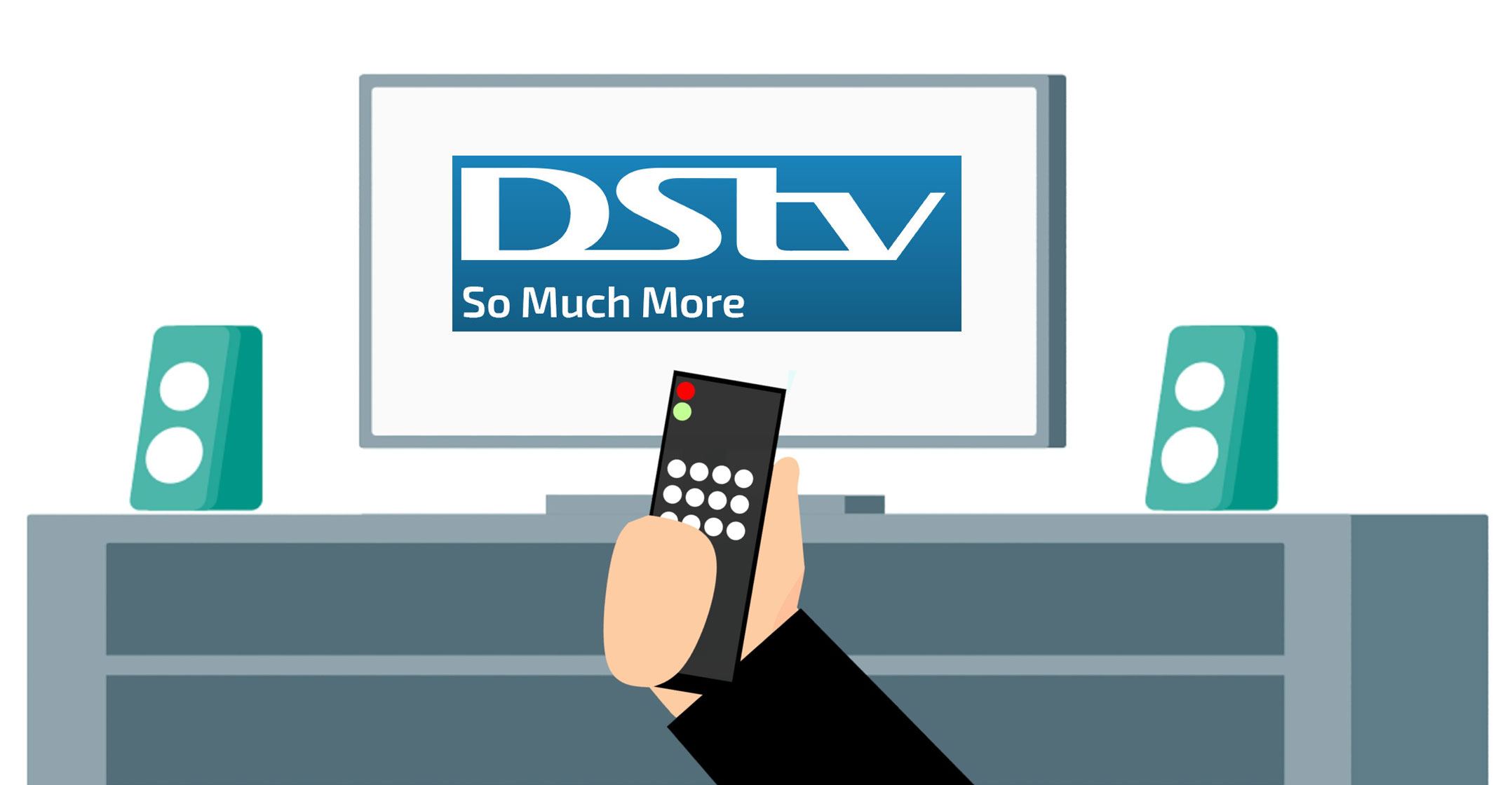 MultiChoice reported a strong set of full-year results on Tuesday, with good growth coming from its lower-tier pay-television bouquets, although its DStv Premium segment remains under pressure.
MultiChoice reported a strong set of full-year results on Tuesday, with good growth coming from its lower-tier pay-television bouquets, although its DStv Premium segment remains under pressure.
In the year ended 31 March 2019, MultiChoice added 1.6 million subscribers across Africa, representing growth of 12%, taking the total active base to 15.1 million. Core headline earnings were up 10% to R1.8-billion. Trading profit was in line with the prior year at R10.2bn, while the trading margin remained stable at 30%. However, the group reported a diluted headline loss of more than R1.5-billion as a result of a charge associated with expanding its black shareholding and losses related to foreign exchange contracts.
The strong operational performance was achieved “despite continued macroeconomic headwinds and consumer affordability pressure, illustrating the resilience of our products”, the group said in a statement to shareholders.
It’s first time that the “rest of Africa” segment of 7.7m subscribers exceeded the 7.4m subscribers in South Africa, MultiChoice said.
Revenue was R50.1-billion, up 6% on a year ago, while subscription revenue amounted to R41.2-billion, up 7%. “This represents an acceleration in growth from previous years driven by the continued success of our value strategy in the rest of Africa and a healthy contribution from South Africa.”
Group trading profit rose 11% to R7-billion, benefiting from a R900-million reduction in losses in the rest of Africa. A further R1.3-billion in costs were removed from the base during the year.
The group continued to invest in local content, adding a further 4 600 hours to take the local content library to nearly 50 000 hours. The spend on local general entertainment content as a percentage of total general entertainment content increased from 38% to 40%, in line with the strategy to reach a target of 45%.
Cash flow
Consolidated free cash flow of R3.3-billion was up 96% compared to the prior year thanks to the improvement in the trading result from the rest of Africa as well as the non-recurrence of once-off content prepayments in the prior year and remittances of cash from Angola.
The South African business delivered subscriber growth of 8%, or about 500 000 subscribers, and generated revenues of R33.7-billion, up 3% from the prior year. “This was on the back of healthy subscriber growth in the mass market and despite absorbing a 1% increase in VAT by not passing it on to customers.”
However, the DStv Premium segment “remained under pressure as consumers were impacted by rising fuel and other costs and we competed for share of wallet”. As a result, average revenue per user declined from R335 to R322.
Online streaming subscribers doubled year on year, MultiChoice said. This was driven by “good uptake” of both Showmax and DStv Now.
The group did not declare a dividend, but said it remains on track to declare a R2.5-billion dividend — or R5.69/share — in the 2020 financial year. — © 2019 NewsCentral Media

